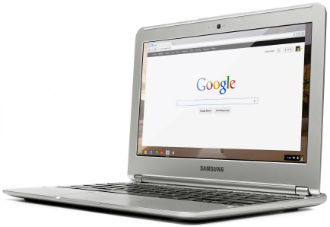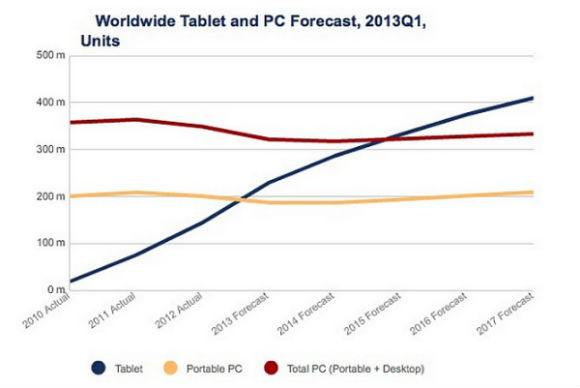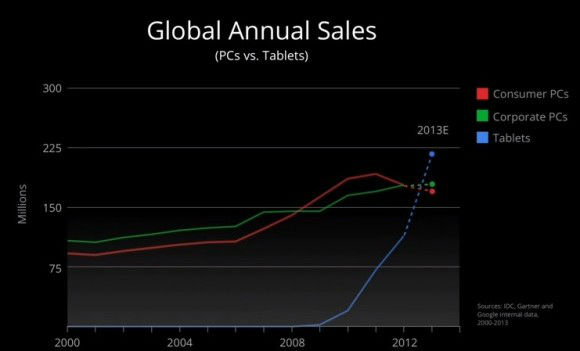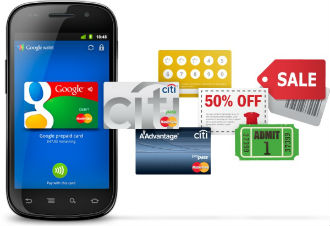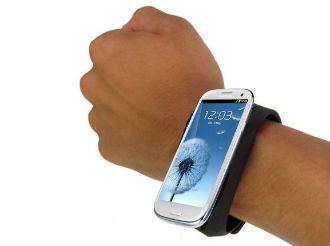 In spite of what can only be described as copious amounts of hype, the wearable tech boom won’t materialise anytime soon, at least if Berg Insight is to be believed.
In spite of what can only be described as copious amounts of hype, the wearable tech boom won’t materialise anytime soon, at least if Berg Insight is to be believed.
The research firm estimates sales of wearable technology devices will reach just 64 million in 2017. Worldwide shipments in 2012 reached 8.3 million, so the compound annual growth rate through 2017 should be rather impressive, over 50 percent. However, all that glitters is not gold.
Smart watches are already on sale and they are failing to gain much traction. Even Samsung’s Gear doesn’t appear to be getting a lot of attention. Google’s Glass is still not on the market, but with a very high price tag and numerous questions about privacy and good taste, it doesn’t look too promising.
Smart glasses, watches and fitness trackers still face huge technical challenges that will persist for years to come.
“A perfect storm of innovation within low power wireless connectivity, sensor technology, big data, cloud services, voice user interfaces and mobile computing power is coming together and paves the way for connected wearable technology,” said Johan Svanberg, Senior Analyst, Berg Insight. “However, today’s devices need to evolve into something more than single purpose fitness trackers or external smartphone notification centres in order to be truly successful” continues Mr. Svanberg.
That’s the second challenge. Wearable gear needs to be, well, useful – otherwise it will never gain mass market appeal. The ultimate problem with smart watches isn’t battery life or price, it’s the fact that they don’t offer much functionality. At this point they are basically a second screen for smartphones and due to limited battery life they aren’t very practical, either.







